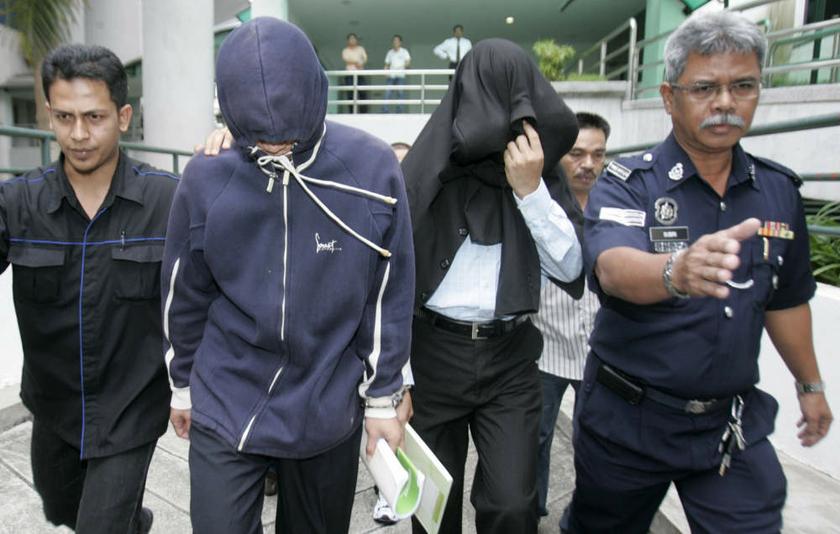KUALA LUMPUR, Feb 21 — Former police commando Sirul Azhar Umar asserted to an Australian court that he had been ordered to kill Mongolian Altantuya Shaariibuu as she was allegedly a “Russian spy”.
Sirul had submitted the claim when appealing an earlier rejection of his bid for political asylum in Australia, in which his lawyer argued he had not “committed serious non-political crime”.
“Evidence was led from the applicant before me when the matter resumed before me in November 2018 that the applicant had been ordered to kill the victim because she was a Russian spy.
“He said again that he had refused to carry out that order,” said the full judgment of the Administrative Appeals Tribunal of Australia (AATA) deputy president Brian Rayment, Queen’s Counsel, which was published on the AATA website.
“The uncorroborated evidence given by the applicant that orders were given to him to assassinate a Russian spy did not satisfy me that orders had been given to him in those terms, or that he was acting on any such basis,” he added.
The respondent in the tribunal, the Australian Minister for Immigration and Border Protection, had argued that asylum is not owed to Sirul if there are serious reasons for considering that he committed a serious and non-political crime in Malaysia before entering Australia.
In 2009, Sirul and Azilah Hadri were found guilty of murdering Altantuya in 2006 but were released in 2013 on appeal.
The Federal Court reinstated their death sentence in 2015 but Sirul fled to Australia prior to the apex court’s ruling and has been detained there since.
The lawyer representing the minister, a government solicitor named as D. Watson, had cross-examined Sirul on various findings made against him by Malaysian courts, and Sirul had maintained his innocence on his conviction.
However, Rayment said the evidence provided by Sirul’s lawyer, Christopher Levingston, failed to convince him that Sirul did not commit a serious non-political crime.
He also failed to see that any miscarriage of justice took place in Sirul’s conviction, or that serious grounds do not exist to consider that Sirul was guilty of the crime of murder.
“The failure of the applicant to give sworn evidence in the courts which convicted him was important in Malaysia, as it would be important in this country,” he said.
After Sirul’s failed asylum appeal on Tuesday, Malaysia will now seek to extradite the former police commando — one of two sentenced to die for the murder — but must still repeal the country’s death penalty before Australia can legally comply.
A spokesman from the Australian Attorney General’s Department said yesterday that its Attorney General must be satisfied that on return to the requesting country, there is no real risk that the death penalty will be carried out upon the person in relation to the offence.
Sirul previously sought a moratorium on his sentence in return for “tell-all” about the murder that has been linked to former prime minister Datuk Seri Najib Razak by way of former aide Abdul Razak Baginda, but the Malaysian government rejected this.
In Malaysia, police have reopened Altantuya’s murder investigation while her family has finally succeeded in getting their civil suit over her death to trial.



















